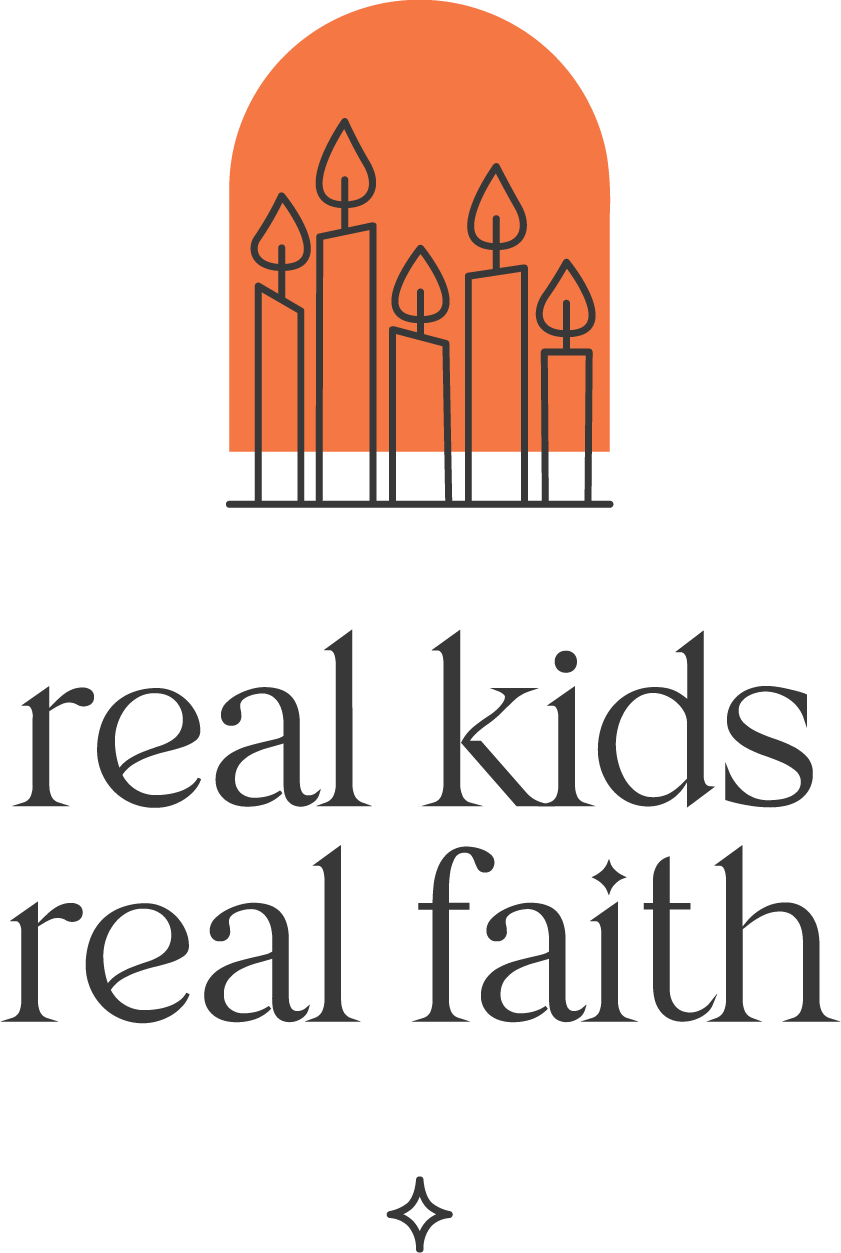Authenticity is trending as a value. Parents and children want to speak their truth and advocate for what they believe matters. They prefer to do business with companies that seem to genuinely care about the environment. They seek out organizations that are willing to take a stand against discrimination. They want to ‘get real’ and make a difference.
This means that leaders who want to support children’s spirituality need to think about how to help kids develop spiritual authenticity. We need to offer them opportunities to find and express their spiritual truths. And we need to teach them ways to put their beliefs into action for a better world.
To do so, educator Michael McDowell suggests that we think about three things: context, content, and choice. These three C’s can make the difference between spiritual activities that have little impact and those that significantly shape children’s lives.
Context. Children practice their spirituality in a specific real-world context filled with particular challenges and opportunities. When we engage them in spiritual activities, we want to encourage them to see those connections. We might ask: How does this practice connect with your world? or What challenge in your life and/or community does this activity address? We can also identify spiritual exemplars in the community who can talk about the intersections they see between their spiritual practices and opportunities for personal and social improvement. And, behind the scenes, we might regularly assess how well our planned activities actually do reflect children’s multiple and diverse contexts.
Content. Authentic spirituality requires skill development, as well as self and communal knowledge. Teach children to notice how they feel when they engage in a spiritual practice. Encourage them to seek out practices that evoke feelings of connectedness, groundedness, and empowerment. Model research methods so they can learn more about their communities and the changes needed to make them better. Develop field trips to meet with community change-makers and invite local leaders to visit. Read books about climate change, homelessness, and other topics that children identify as concerns. Along the way, set up a system by which children can track their progress as they acquire useful spiritual skills.
Choice. A sense of agency is critical to authentic spirituality. Children have different experiences and concerns, which shape their spiritual preferences in a variety of ways. When we encourage them to choose what they want to explore and how they want to express themselves, we nurture their spirit and increase their confidence. Provide practice options that focus on self-reflection and others that support direct social action. Include activities that contribute to children’s knowledge about a topic and others that address self-care. Then invite children to navigate through the options as they choose, providing some pointers (e.g., It’s useful to have some knowledge before acting and Self-care practices can also promote self-reflection) to help them determine their learning process.

Comments